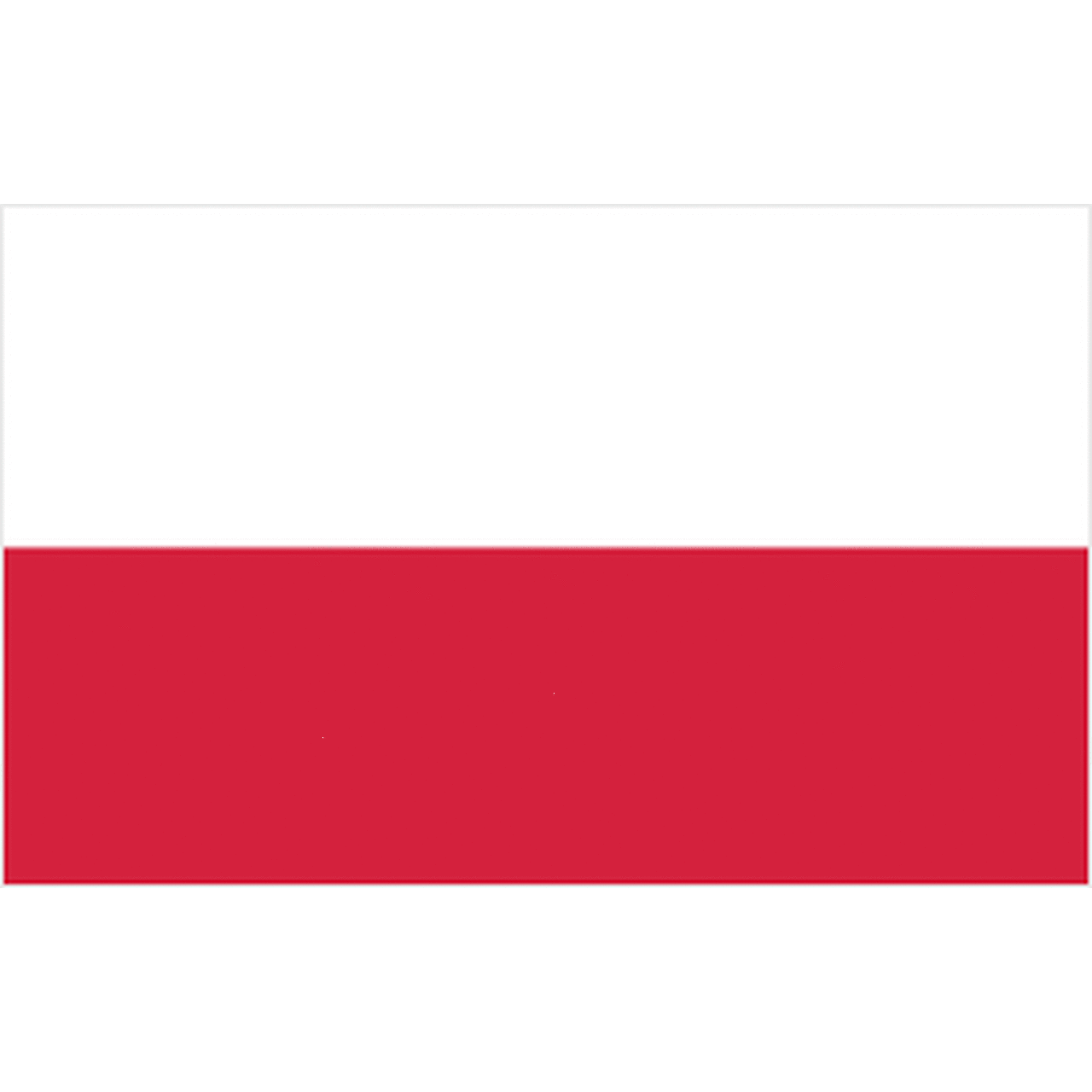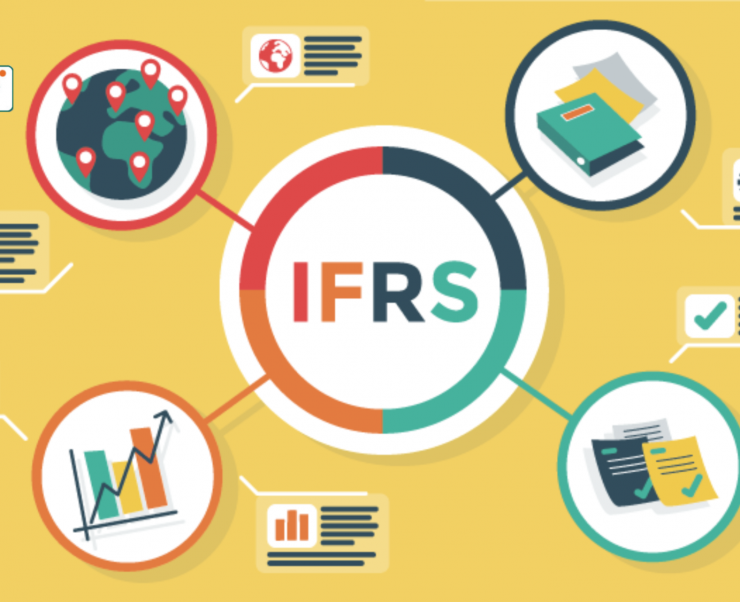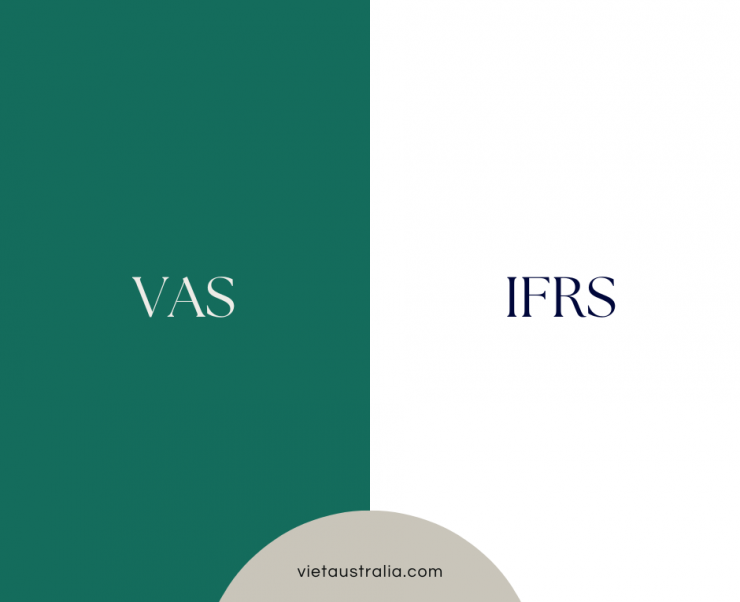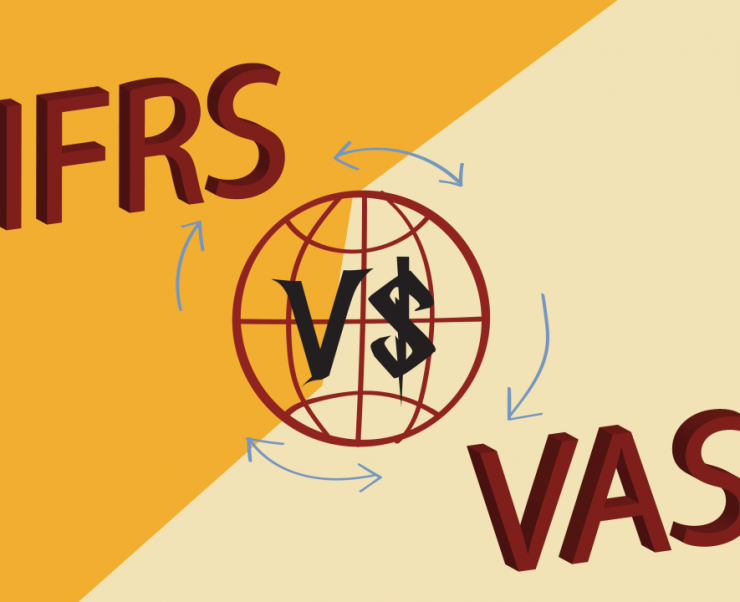
News
BASIC INFORMATION ABOUT IFRS
IFRS, or International Financial Reporting Standards, is a set of accounting standards issued by the IASB (International Accounting Standards Board), a body of the IFRS Foundation. The main goal of IFRS is to establish a globally consistent accounting language, ensuring financial reports are presented consistently, transparently, reliably, and comparably across different regions and industries.
What is IFRS?
IFRS stands for International Financial Reporting Standards, translated into Vietnamese as Chuẩn mực Báo cáo tài chính quốc tế. It is a system of accounting standards issued by the IASB, an entity of the IFRS Foundation. The main goal of IFRS is to create a globally consistent accounting language, enabling financial reporting to be presented in a consistent, transparent, reliable, and comparable manner, regardless of industry, country, or territory.
History of IFRS
After World War II, the strong global economic development created a need for a common accounting language worldwide. In response to this demand, the International Accounting Standards Committee (IASC) was established by nine founding member countries, including Australia, Canada, France, Germany, Japan, Mexico, the Netherlands, the United Kingdom/Northern Ireland, and the United States.
A significant milestone for IASC was its recognition by the International Organization of Securities Commissions (IOSCO) in 2000. IOSCO recommended that member stock exchanges permit or require listed companies to comply with the 10 International Accounting Standards (IAS) fundamental standards. This led to IAS becoming a mandatory requirement for listing on major global stock exchanges.
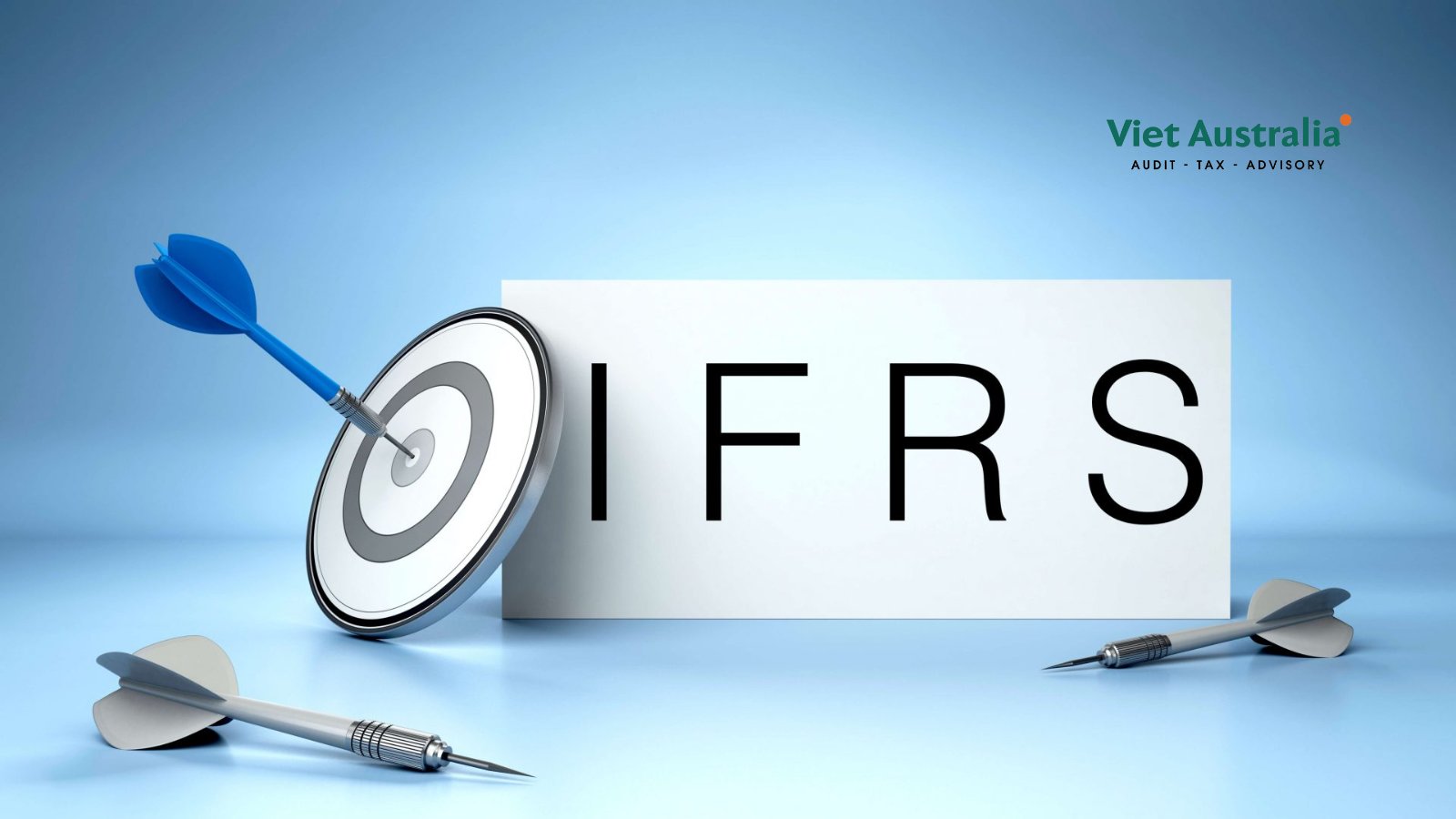
However, IASC was more of a coalition than an actual board. After nearly 25 years of operation, in 1997, IASC realized the need to unify accounting standards globally. To achieve this, IASC needed to change its organizational structure.
As a result, on April 1, 2001, IASC was replaced by the International Accounting Standards Board (IASB). In its first meeting, the IASB adopted the International Accounting Standards (IAS) and Interpretations from the Standards Interpretation Committee (SIC) that IASC had issued. From then on, the IASB continued to develop new standards, renaming them International Financial Reporting Standards (IFRS).
Another important step for IFRS was the mandatory adoption in Europe through EC Directive 1606, approved by the European Parliament in July 2002. According to this directive, all European Union members and European Economic Area (EEA) countries had to apply IFRS in the financial statements of listed companies starting from the accounting period ending on December 31, 2005.
Currently, IFRS is widely adopted globally. According to the IASB, 131 out of 143 surveyed countries and territories (93% of those surveyed) have declared that they permit the use of IFRS in various forms. Many countries have replaced their entire national accounting standards to attract international investors.
IFRS Foundation: The IFRS Foundation is the organization behind the development and evolution of IFRS. It is a non-profit organization with a public interest mandate, established under the laws of Delaware, USA, but operates as an overseas company in England and Wales, with its main office in London, UK.
The IFRS Foundation operates through the following organizational structure:
-
Monitoring Board:
- The Monitoring Board was established in January 2009 to formalize the relationship between the Trustees of the IFRS Foundation and the relevant public interest oversight authorities. This board ensures that the Trustees comply with their obligations and approves the appointment or reappointment of Trustees. Members of the Monitoring Board include representatives from securities and banking regulatory authorities, ensuring the protection of investor rights and market integrity.
-
Trustees of the IFRS Foundation:
- The Trustees are responsible for overseeing and managing the activities of both the IFRS Foundation and the International Accounting Standards Board (IASB). They do not participate in the development of IFRS standards. Trustees are accountable to the Monitoring Board and are appointed for a term of three years.
-
International Accounting Standards Board (IASB):
- The IASB consists of independent experts from various fields, such as accounting, auditing, and financial reporting. The board's mission is to develop and publish IFRS standards, including IFRS for Small and Medium-sized Entities (SMEs). The IASB also approves Interpretations of IFRS developed by the International Financial Reporting Interpretations Committee (IFRIC).
-
International Financial Reporting Interpretations Committee (IFRIC):
- IFRIC is the interpretative body of the IASB and is responsible for resolving issues related to the application of IFRS. The committee includes experts with high professional qualifications in international business and experience in applying IFRS standards.
-
IFRS Advisory Council:
- The Advisory Council serves as the official advisory body to the IASB and the IFRS Foundation, consisting of representatives from organizations and individuals interested in IFRS standards. They provide strategic advice and support to the Foundation and meet at least twice a year in London.
-
Accounting Standards Advisory Forum (ASAF):
- ASAF is an advisory forum where members contribute to the development of high-quality accounting standards to achieve the goals of the IASB. ASAF creates a channel of coordination between the IASB and standard-setters from different countries and regions.
These entities work together to ensure the development and compliance of IFRS standards globally.

How IFRS is Issued
IFRS is issued through a defined process outlined in the Due Process Handbook of the IASB. This process ensures accuracy, transparency, and multi-party participation. The process of issuing IFRS includes the following stages:
-
Agenda Consultation:
- Every five years, the IASB conducts a comprehensive review to identify priorities for developing standards. Topics for the agenda consultation include issues arising from post-implementation reviews of standards, along with issues proposed by the IFRS Interpretations Committee (IFRIC).
-
Research Programme:
- The IASB analyzes issues that may affect financial reporting by gathering evidence, assessing impacts, and determining potential remedies. This stage involves participation from standard-setting bodies, businesses, scholars, and other stakeholders. The IASB may release discussion papers or request information to gather feedback from the public and decide whether to include an issue in the standard-setting program.
-
Standard-setting Programme:
- When the IASB decides to amend or issue new standards, the materials from the research program are carefully reviewed, especially the feedback from discussions. Proposed amendments or new standards are published for public comment as Exposure Drafts. The IASB reviews the feedback and makes adjustments before formally issuing the standards.
-
Maintenance Programme:
- After a standard is issued, the IASB continues to support implementation and address emerging issues. The IFRS Interpretations Committee (IFRIC) may issue Interpretations or Amendments to clarify standards when necessary. These amendment issues adhere to the standard-setting process mentioned earlier. After a few years of issuance, the IASB conducts Post-Implementation Reviews to assess effectiveness and determine if any revisions are needed. Afterward, a new research program may begin.
Distinguishing Between IFRS and IAS: It's essential to clarify that IFRS includes both standards that start with the prefix "IFRS" and the old standards that start with "IAS." As mentioned in the history section, IAS represents the standards issued by the IASC before 2001, and they are still valid. IASB recognizes and applies these standards until they are replaced by new IFRS standards (e.g., IAS 18 was replaced by IFRS 15). Therefore, both the new IFRS standards and the old IAS standards remain effective simultaneously.
Components of the IFRS System
IFRS comprises:
Conceptual Framework for Financial Reporting:
- This serves as the fundamental set of principles for preparing financial statements under IFRS. It is not a standalone standard but provides the basis for developing other standards.
International Accounting Standards (IAS):
- Standards issued by IASC before 2001 and still part of the IFRS system.
International Financial Reporting Standards (IFRS):
- Standards issued by the IASB, representing the ongoing development of accounting standards globally.
SIC Interpretations:
- Interpretations issued by the Standards Interpretation Committee (SIC) before 2001.
IFRIC Interpretations:
- Interpretations issued by the International Financial Reporting Interpretations Committee (IFRIC).
A unit is considered compliant with IFRS if it adheres to all the standards and interpretations mentioned above.
In conclusion, IFRS forms a comprehensive framework, incorporating various components to contribute to global financial reporting consistency and transparency.



